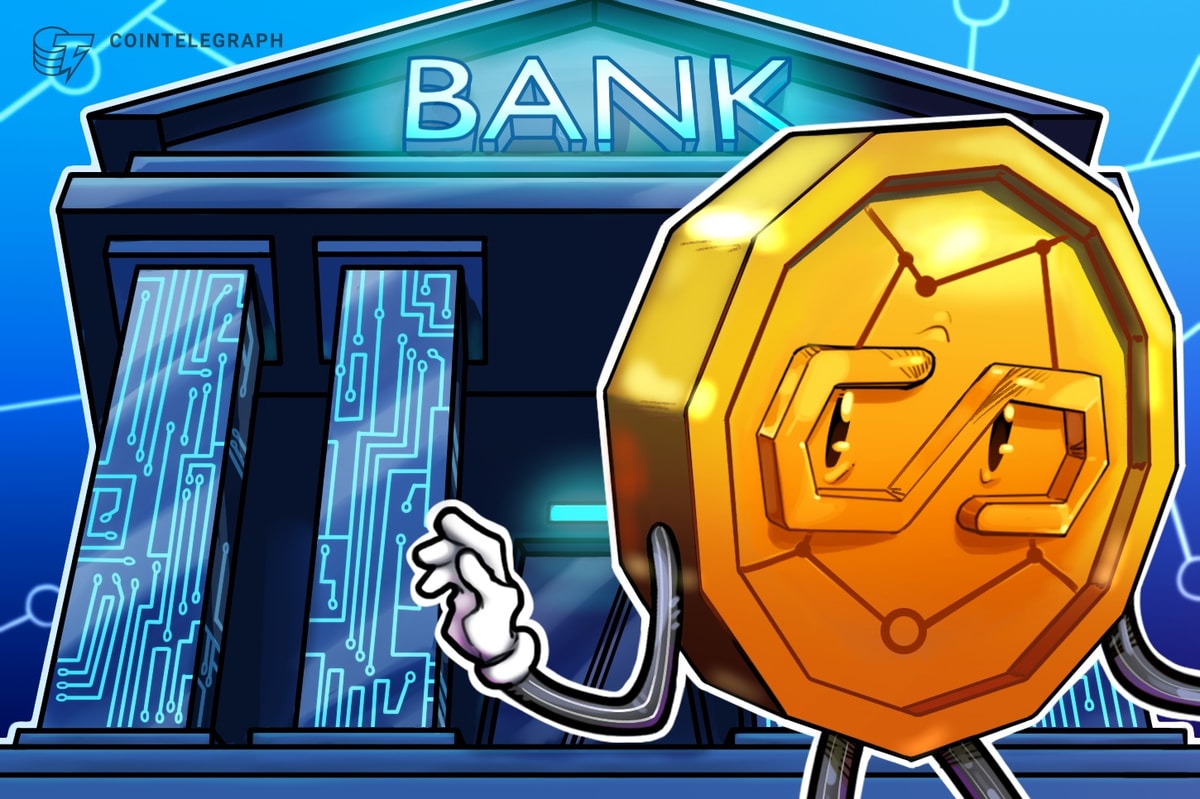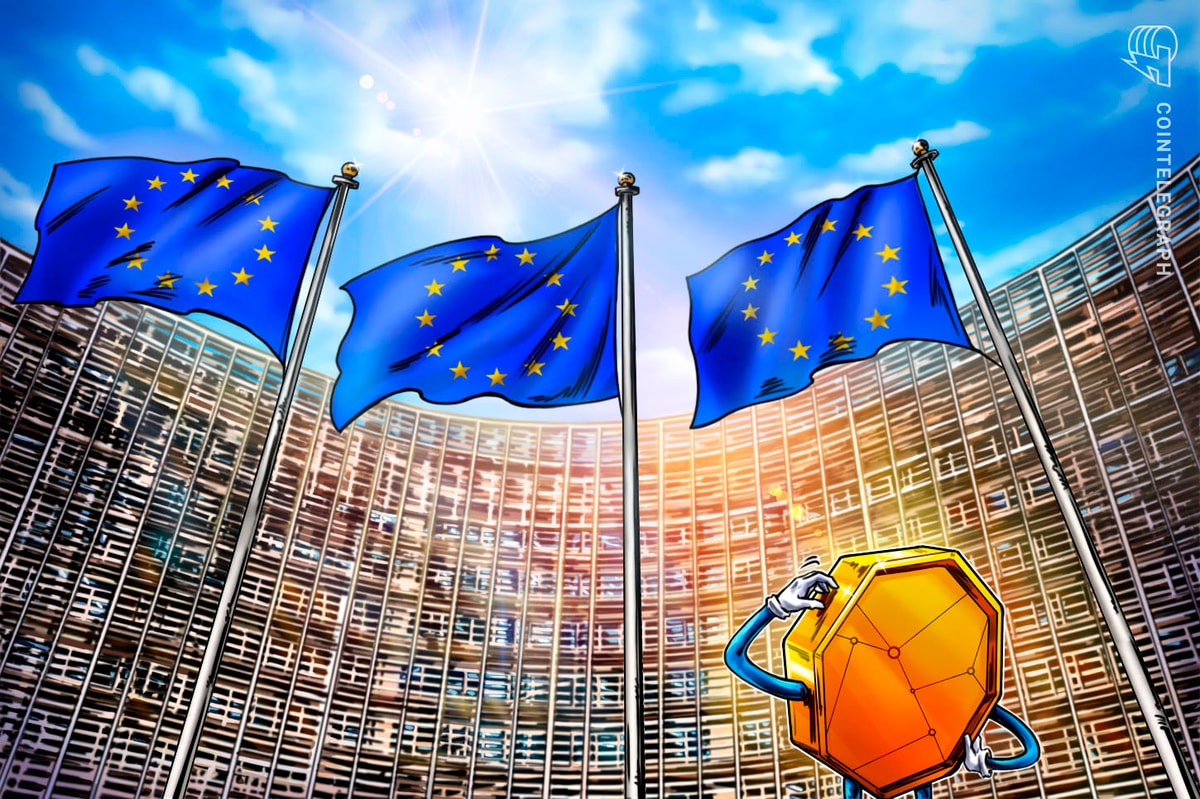Disruptive innovation commonly undergoes a pattern of gradual evolution. It develops and matures on established foundations. Things don't simply happen spontaneously. That has been clearly visible in the shift from Web2 to Web3, particularly when it comes to the metaverse.
The metaverse didn't emerge out of nothing. Rather, it is has been evolving for years, derived primarily from Web2 video games — which presently offer environments that come much closer to the concept of the metaverse than any Web3 projects.
This lag by Web3 is a natural part of the technological evolutionary cycle, which is always gradual and depends on two factors: technological evolution and perceptions of value.
Related: The ‘WAGMI’ mentality is undermining crypto
Uber's evolution out of the taxi industry serves as a parallel. Without taxis coming first, Uber would not exist. Taxis established the basic idea of someone getting into a stranger's car and paying to be taken somewhere.
Just like Uber, the evolution of the metaverse has been partly cultural. In addition to adequate infrastructure, the metaverse requires cultural adoption to truly gain traction and exist.
In 2021, when Facebook changed its name to Meta, there was a significant increase in attention to projects aiming to build the metaverse. But at that time, almost everything was embryonic, basic and limited.
Today, we live in an interesting moment in history. We could have another catalyzing moment for the metaverse similar to 2021, but with some significant differences.
Related: 3 theses that will drive Ethereum and Bitcoin in the next bull market
Through Fortnite, the world has realized that it is possible to create interoperability between different brands — and has seen that it can be fun. But Fortnite achieves interoperability through commercial agreements. In the open metaverse, this would occur through blockchain assets.
Today, when you enter Fortnite, you can encounter characters from Naruto, Rick and Morty, Dragonball, and Star Wars — not to mention hundreds of other universes.

Fortnite went even further in its latest update, bringing not only characters but other games to its platform — fulfilling a prediction that Epic Games CEO Tim Sweeney made years ago. Game modes were incorporated that allowed users to play a "racing mode" from Rocket League; a "Guitar Hero" mode with artists including The Weeknd and Machine Gun Kelly; and a mode similar to Minecraft in partnership with Lego.
The update was a masterclass that taught the world that it is indeed possible merge items in the same virtual environment, and that users love it.

Before Fortnite, the average user still didn't even understand the concept of interoperability. They couldn't even imagine that such a world was possible. It provided a necessary link — akin to a Web2.5 — to help users eventually move to Web3. Projects including Sandbox, Otherside, Star Atlas, and more now have a stronger basis to build similar interoperability using blockchain.
Another major catalyst we might see — in 2025 — is an introduction to a functioning digital economy. Rumors indicate there is a good possibility that Grand Theft Auto 6 (GTA 6) — possibly the most anticipated game in years — will have an economy based on cryptocurrency.

This would represent a monumental step in validating the thesis of a Web3-based metaverse. Once again, despite digital economies being familiar to Web3 users, they are still an abstract concept for most people.
Finally, when we talk about the pillar of digital identity, it's clear that Web2 games and applications have been essential to the concept of the open metaverse. They've already introduced younger generations to the concept of a using digital outfits as status symbols — something a majority now value more than real-life clothing.

Just as taxis were a bridge to Uber, these Web2 games will be the bridge for the open metaverse to shine.
It is highly unlikely that Web3 platforms alone will be able to create this transition, because they are too often building concepts that people still don't understand. Instead, it will be led by Fortnite, Roblox,( (hopefully) GTA 6 and others.
It is very likely that individuals who bet on this thesis — whether by investing in projects or working on them — will emerge as winners, alongside brands that seize the opportunity. The open metaverse is going to play a very big role in the future of marketing, human connections, and digital commerce.
This article is for general information purposes and is not intended to be and should not be taken as legal or investment advice. The views, thoughts and opinions expressed here are the author’s alone and do not necessarily reflect or represent the views and opinions of Cointelegraph.











